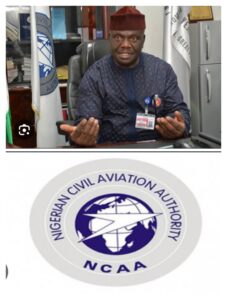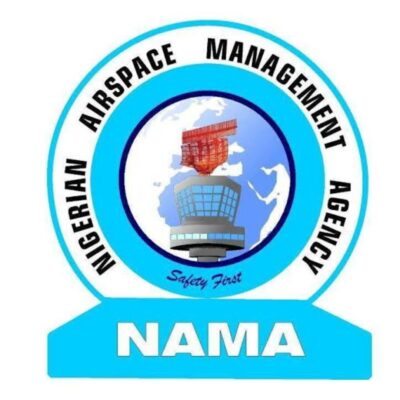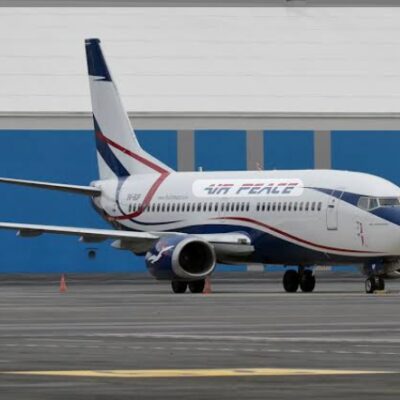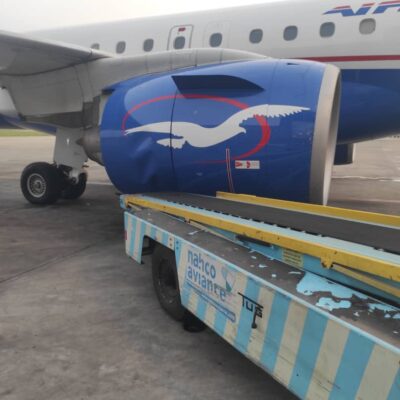
BY: OLAPEJU OLUBI
Director-General of the Nigerian Civil Aviation Authority (NCAA), Captain Musa Nuhu has described the Max Air’s fuel contamination incident as a ‘stand alone case,’ saying there were no specific guidelines provided by the International Air Transport Association (IATA) on how to deal with such issues.
The NCAA boss stated this during an interview via Zoom with aviation journalists and said such incident had never been reported to IATA before.
In July, 2023, the NCAA grounded Max Air’s Boeing 737 aircraft after the airline recording some air returns which was later traced to contaminated Jet A1 fuel.
According to Captain Nuhu, “The issue of fuel contamination is not specific and we have contacted IATA, but it said none of the international airlines has reported fuel contamination and on the domestic side the same, too”.
While describing the incident as alarming, he however said it was “a standalone case” adding that the entire process of supply value chains, starting from outside the sector needed to be examined.
“We are not resting on our oars and we have to ensure that this doesn’t happen again. We have set up a committee comprised of NCAA, FAAN, NSIB and others to make their report to us,” Nuhu said.
He said the agency, in collaboration with the Nigerian Midstream and Downstream Petroleum Regulatory Authority (NMPDRA) was working hard to there is no repeat of same incident in the future.
“There was a gap between the two regulatory bodies; NCAA and NMPDRA. This is a gap that we have closed. We are working with the NMPDRA and they are very cooperative. Based on the list we sent to them, they have written back to us that they are taking action on some of the fuellers,” Captain Nuhu said.
The NCAA boss therefore clarified that the approval given to the Jet A1 supplier doesn’t mean they can supply at any airport in Nigeria, saying there was an approval for specific airports.
He urged the airlines to be the gatekeepers by ensuring that contaminated fuel does not enter the system of their aircraft while the agency works with the NMPDRA to close all gaps in the fuel supply chain.
Olapeju is a journalist and aviation reporter.





